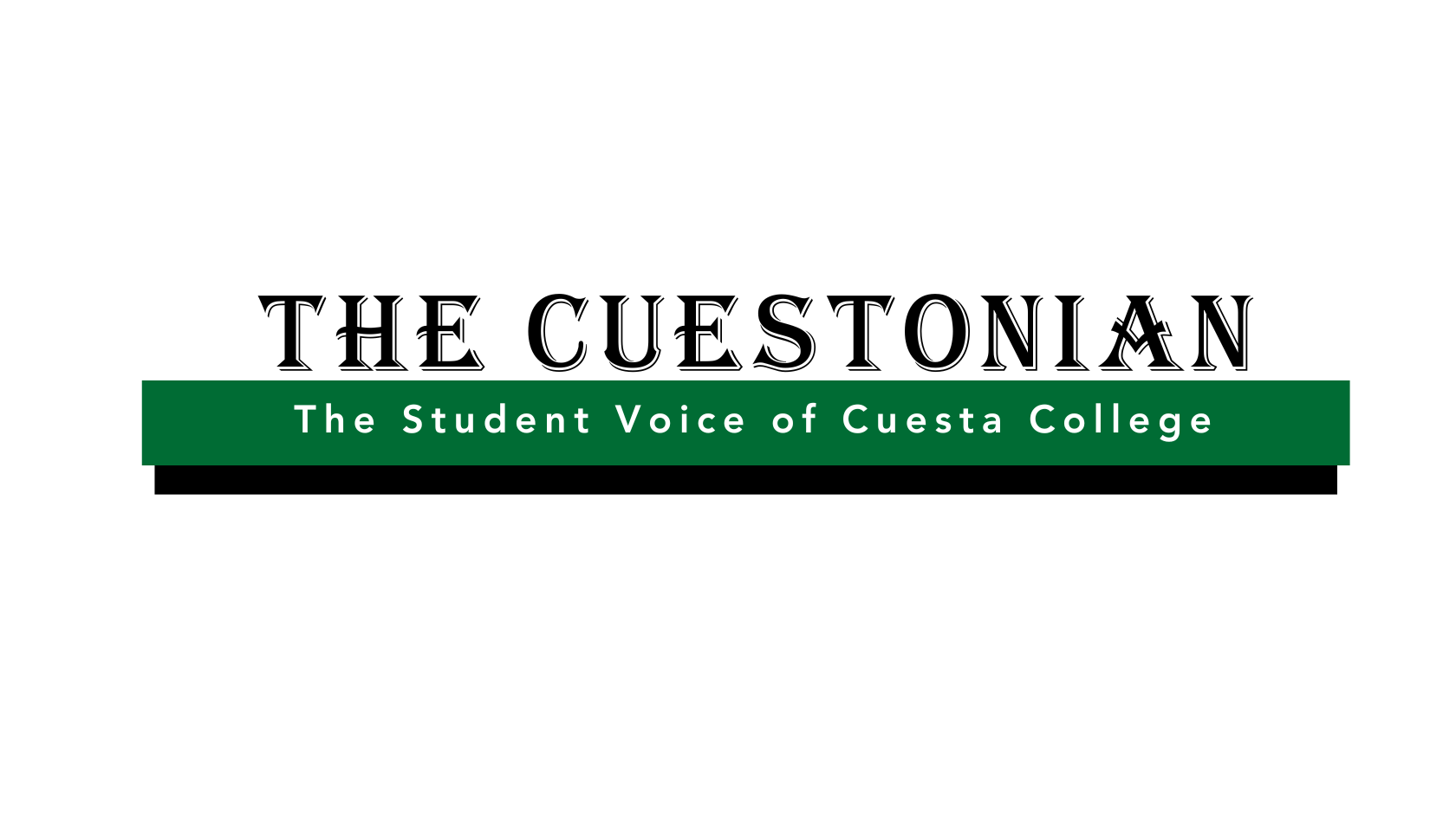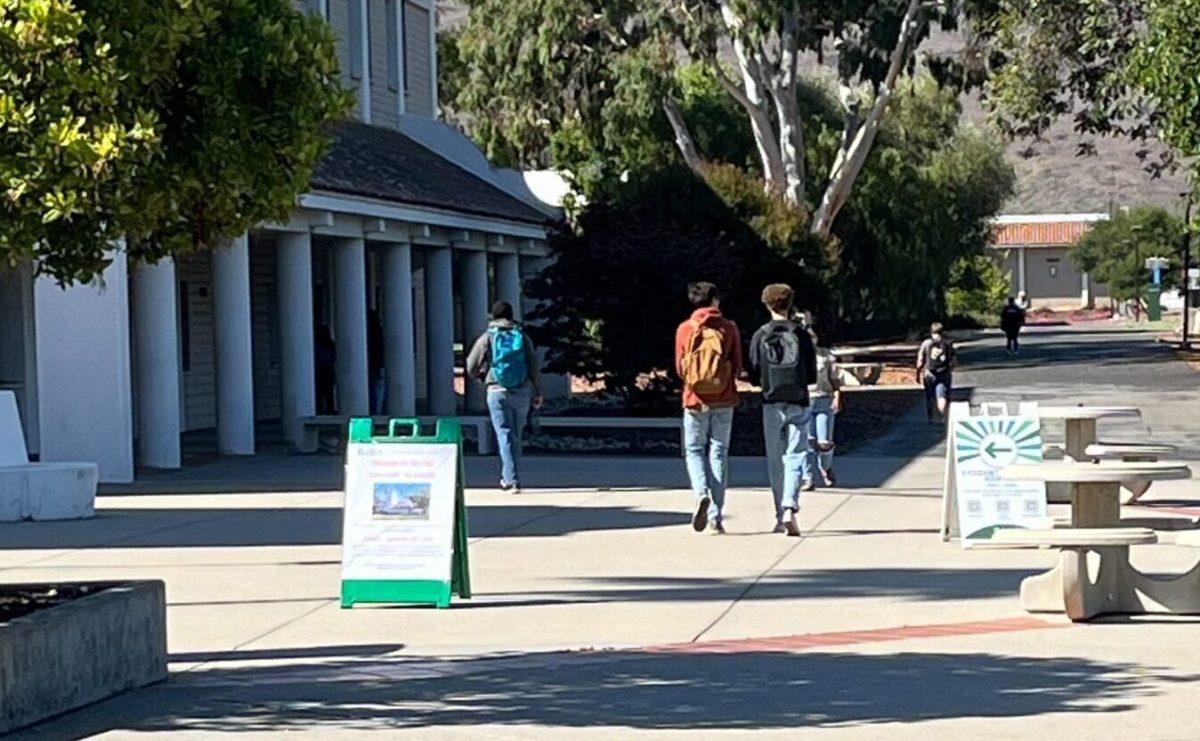Individuals and groups that fraudulently enroll in classes and collect financial aid are continuing to drain Cuesta and other California Community Colleges of their valuable resources and time.
Fraudulent students, or “bots” are applying to Cuesta College and other academic institutions. These misleading “students” enroll in courses but do not actually show up or take classes. Although this has been happening for years, there has been an increase in community college enrollment fraud in 2024.
These fake accounts are taking up seats that could otherwise go to legitimate people. Although enrollment fraud and financial aid fraud are two different types of scams, they both result in the draining of crucial resources. The scammers themselves are also possibly getting financial aid in the process.
According to CalMatters, California community colleges have given more than $5 million in Pell grants and nearly $1.5 million in state and local aid to these imposters since 2021.
“Financial aid fraud rings that we have experienced are rings of potential leaders who get identities,” said Elizabeth Coria, the vice president of Student Success & Support Programs at Cuesta College. “These could be fake identities of individuals that they might steal through social security numbers or other personal information. They then apply for financial aid using these fake profiles.”
According to California Community Colleges, the COVID-19 pandemic led to an unprecedented increase in fraudulent applications in the California community college system.
“Because of COVID, we had to shift to this online world,” Coria said. “We no longer have face-to-face, and although that has created conveniences for some of our real students, it has created opportunities, unfortunately, for these other types of fraudulent behaviors to happen, which has impacted our financial aid resources.”
The California Community Colleges Chancellor’s Office, in partnership with the California Community Colleges, has implemented identity proofing through ID.me, which enhances the ability for government administration to recognize deceptive behavior.
The required materials for creating an ID.me account are a computer/tablet/mobile phone with internet access; an email address; knowledge of financial history or a photo ID (driver’s license, passport, passport card, or state ID); and a social security number.
Will Wooster, Cuesta College’s interim associate director of Financial Aid, believes this is a crucial step toward detecting dishonest behaviors before they affect Cuesta College.
“When fake students are applying, a lot of them get caught up in the Chancellor’s Office and they don’t make it into Cuesta’s pool of admissions applications,” Wooster said.
Wooster explains how Cuesta is working toward catching these scammers before they interfere scholastically and financially.
“Cuesta’s IT and the financial aid department review their documents,” Wooster said. “If they are fake, they usually end up either being dropped by the instructors or we just deny the review of what they send in to prove that they’re real, or they just don’t send anything in.”
These enrollment and financial aid scams directly impact students at Cuesta.
“Is it impacting our real students here at Cuesta? Absolutely, because we have to be more vigilant in our financial aid processing,” Coria said. “On top of the challenges that we’ve had this year with FAFSA because of the new changes, the application change was also an attempt toward mitigating fraud, and all of this stuff has come to a headway.”
Coria explained that Cuesta is deeply connected to the state and federal education system and is working with their partners to identify fraud.
“We report fraud to the Department of Education’s office and the inspector general’s office, even if it’s alleged,” Coria said. “We also report it to the state chancellor’s office.”
Although community college financial aid fraud remains an issue, federal, state and local officials are continuously working together toward flagging this behavior.



